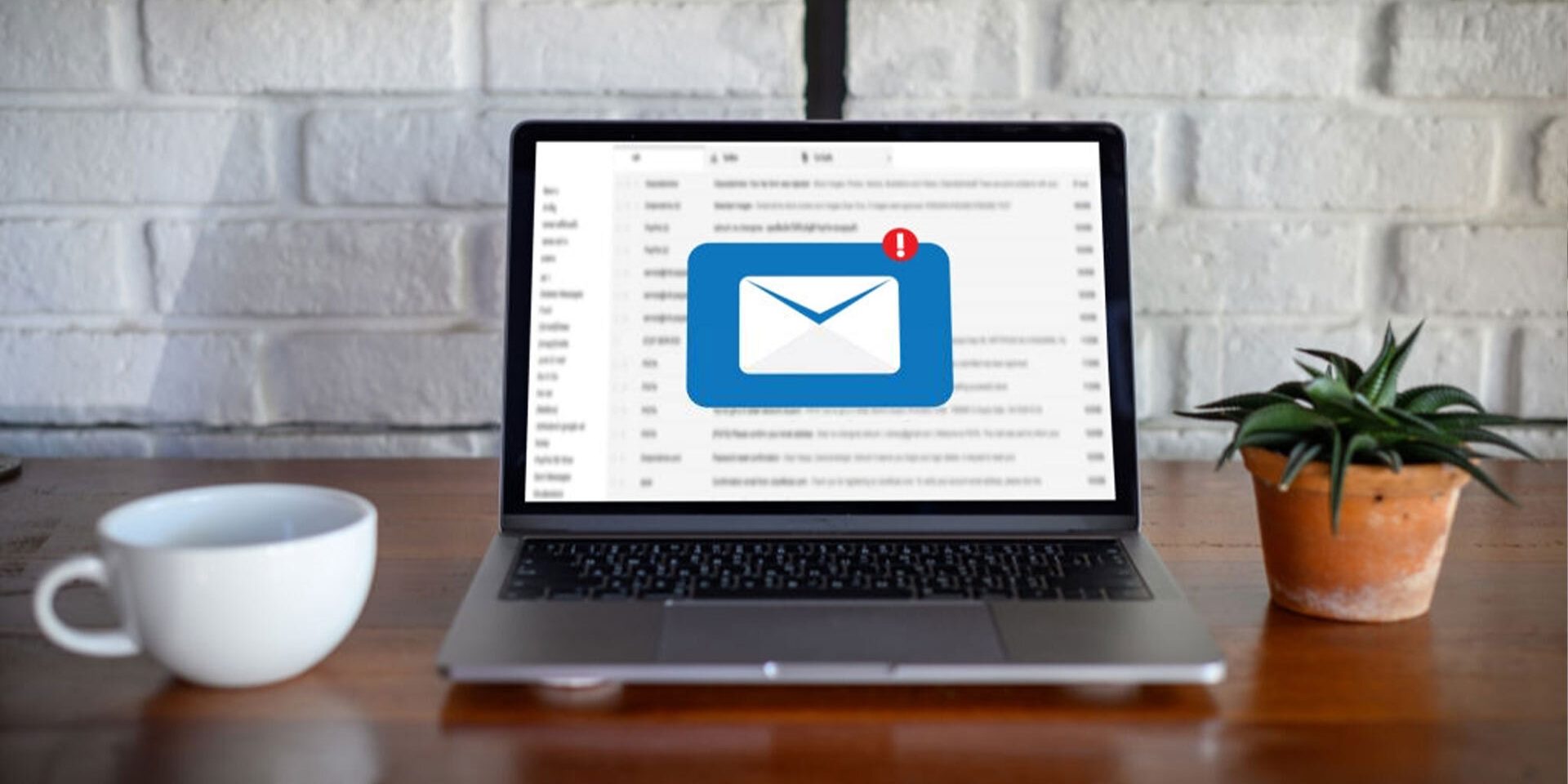
Cold email is usually sent to a potential customer who has had no prior relationship with you but let’s face it no one likes spam. Your prospects do not wish to receive it nor you want to send them.
So, how can you distinguish between cold email and spam? How can you understand that what you are sending is not considered as a spam by your prospects? how will you be able to prevent your cold emails from being classified as spam? Is cold emailing a legal activity?
We have created a handy guide for you to know everything about cold emailing.
Without further ado. Let’s begin!
Is Cold Email SPAM?
There is a huge difference between bulk product emails and one-to-one emails to a targeted business audience. Bulk product emails account for about 81% of spam email. Under the CAN-SPAM Act, you are allowed to send emails to business people that you do not know. However, it is necessary for you to comply with the rules that the Federal Trade Commission (FTC) has outlined.
Here are the seven things you need to incorporate when sending cold emails to your targeted business audience.
- Do not misrepresent who you are – basically, your “From”, “To”, and “Reply-To” information about who you are. So be careful with this when you are emailing.
- Do not use misleading subject lines – Using a subject line of “Your receipt” when pitching your product/service would be misleading. Keep it real.
- Identify if the email is an advertisement – If your email is an advertisement or special coupon offer, make sure it is labeled as such.
- Include your business address – whether it is your PO Box or your physical address, you have to include it. The ideal placement for this information would be in your email signature.
- Give them an opt-out option – You do not have to use an “unsubscribe” link which usually takes away some of the personal aspects of the email. Instead, ask them, “Please let me know if you are not the right person to contact for this.” This is a good alternative that keeps things personal.
- Honour opt-outs – If they do not want any future emails, make sure they do not receive any more emails.
- Know what others do/send on your behalf – Even if you are hiring a company to handle your email outreach, you are still legally responsible. Make sure whoever you have hired to work on your email outreach understands these seven rules.
Is cold emailing unsolicited? Yes. Is cold email SPAM? No. Not if you abide by the rules outlined above.
An effective cold email is always personalized to the individual recipient. It should have clear value, user-friendly language to build rapport, and should establish trust by demonstrating that the sender understands the recipients’ needs. Email spam, on the other hand, is often automated, generic, and impersonal and is not user-friendly.

Is Cold Emailing a Legal Grey Area?
It is not illegal to send emails to business contacts that you have never communicated with – or those you do not know in any way i.e personally or professionally. This type of communication between professionals falls outside the legal grey area surrounding spam and cold emailing. But does that imply cold emailing is not legal?
The answer is Yes – but as long as the email adheres to specific CAN-SPAM requirements, it is not considered as illegal. However, if you are emailing your potential or existing customers without an understanding of the laws that apply, you could just end up in the spam folder and be stuck with a hefty fine.
Also Read: Top 10 Email MarketingSoftware For 2020
What is the CAN-SPAM Act?
Enacted in 2003, the CAN-SPAM Act outlines requirements for sending B2C and B2B commercial messages – including cold email – and gives recipients the right to stop receiving emails from businesses.
The Act applies to “any electronic mail message the primary purpose of which is the commercial advertisement or promotion of a commercial product or service.”
Violations of the Act can turn out to be too expensive for you.
In order to prevent your business from getting a costly fine, let’s talk about how you can send cold emails that comply with CAN-SPAM laws.
How to Stay CAN-SPAM Compliant
You can use cold email for sales outreach as long as you send messages that comply with CAN-SPAM regulations. Here are the rules you need to follow to make sure your emails do not end up in prospects’ spam folder or get you in legal issues.
1. Avoid Deceptive Subject Lines
A good subject line should be the accurate reflection of the email content, rather than a misleading clickbait with zero relevance to the actual message. You can always use clever, funny, and creative email subject lines to entice recipients to find out what have to say, as long as it is not intentionally deceptive.
For instance, an email with the subject line “URGENT news about your family” would certainly have a high open-rate, but it violates CAN-SPAM requirements by being intentionally deceptive. Not to mention it is an incredibly cheap act and this would reflect poorly on your professional image.
2. Provide a Clear Opportunity to Opt-Out
If someone does not wish to receive your emails, you must provide them with an easy way of letting you know.
Your opt-out method should be simple. You can include an unsubscribe link in the email footer or telling the recipient to reply if they want to be removed from your mailing list. You can also link to a menu that allows recipients to manage their subscription preferences so that they can opt-out of certain types of emails but still stay on your list.
3. Honor Opt-Out Requests ASAP
CAN-SPAM provides with a 10-day grace period to remove someone who wants to opt-out from your list. However, since you are always juggling multiple lists and tons of contacts, it is best to use an automated system that will take care of opt-out requests automatically.
The Act prevents businesses from asking contacts to take additional steps to opt-out after their initial request. This means it is illegal for businesses to charge any sort of opt-out fee, request personal information, or sell someone’s email once they opted for, “take me off this list!”
The bottom line is that you cannot make contacts jump through hoops to opt-out of receiving further messages from you. You have to let go.
4. Be Honest About Who (and Where) You Are
It is crucial that the information in your “From” and “Reply to” fields are accurate. Not only does it increase your open rate because prospects are more likely to read messages sent from a real person, but it also ensures you’re complying with CAN-SPAM regulations.

You should include your business address or a physical address somewhere in the email. You can add the required information to your email signature or footer.
Wrapping Up
What is the purpose of cold emailing someone?
Learning how to cold email ( also referred to as “cold call email”), effectively can be a huge boost to your sales process but if you overdo with your cold email and do not abide by the CAN-SPAM ACT then your cold email will not only be useless or get you into legal matters, instead, it will grow your business as more and more prospects will get to know about you and your products/services. Do you feel this guide caters with information you needed? Tell us what you feel in the comments below! we would love to hear back from you.
Want to get more information on cold emailing or CAN-SPAM ACT or confused on how to approach your prospects with cold emailing? In such cases, it is better to seek guidance from professionals who can not only cold email your prospects to grow your business but also cold email keeping all the rules and regulations in mind. You have lots of work to handle so why not leave the cold emailing to us. We are here to take the burden off your shoulder.





